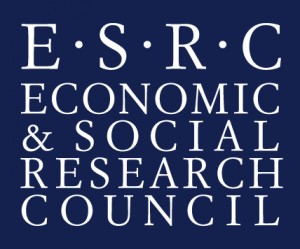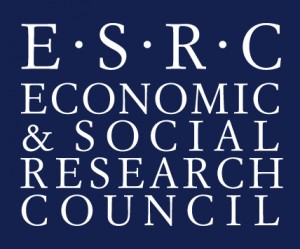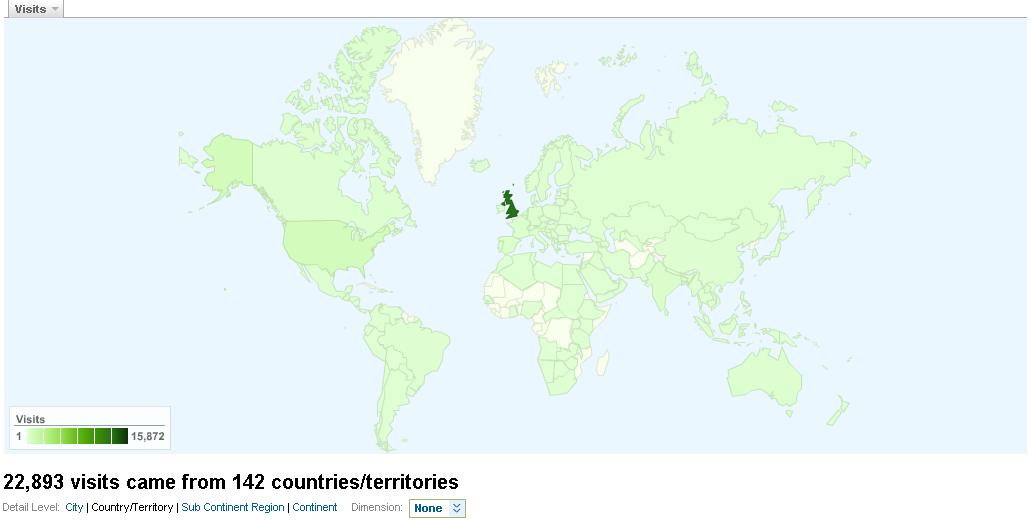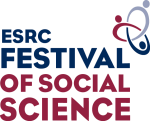Exciting new funding opportunities are now available with the retail sector!
The Economic and Social Research Council (ESRC) have recently made a call, after committing to invest £2 million to establish a cohort of new Knowledge Exchange Opportunities with the retail sector.
The Knowledge Exchange Opportunities scheme is designed to promote the application of social science within non-academic communities. Which means that the target audience of the grant activity must be non-academic stakeholders within the private, public or civil society sectors. The flexibility built into the scheme is intended to encourage applicants to think creatively about knowledge exchange and the ESRC are welcoming applications for either a single activity or a combination of activities.
Potential activities could include:
- new applied research, provided it is user-led or in collaboration with a user partner
- setting up a network to encourage knowledge exchange between leading academics and retailers
- an academic placement within a private sector retailer, or other organisation focusing on the retail sector
- developing tools such as podcasts and videos aimed at communicating the results of research to retailers
- developing existing research to make it more applicable to the retail sector
- seminars to encourage knowledge exchange between academics and retailers.
Also, a targeted call has been made for:
- Retail Knowledge Transfer Partnership (KTPs) (run by the Technology Strategy Board – for details and to apply visit www.ktponline.org.uk)
The call for all applications closes on 30 April 2013.
For further information please visit the ESRC website
























 Nursing Research REF Impact in Nepal
Nursing Research REF Impact in Nepal Fourth INRC Symposium: From Clinical Applications to Neuro-Inspired Computation
Fourth INRC Symposium: From Clinical Applications to Neuro-Inspired Computation ESRC Festival of Social Science 2025 – Reflecting back and looking ahead to 2026
ESRC Festival of Social Science 2025 – Reflecting back and looking ahead to 2026 3C Event: Research Culture, Community & Cookies – Tuesday 13 January 10-11am
3C Event: Research Culture, Community & Cookies – Tuesday 13 January 10-11am Dr. Chloe Casey on Sky News
Dr. Chloe Casey on Sky News ECR Funding Open Call: Research Culture & Community Grant – Application Deadline Friday 12 December
ECR Funding Open Call: Research Culture & Community Grant – Application Deadline Friday 12 December MSCA Postdoctoral Fellowships 2025 Call
MSCA Postdoctoral Fellowships 2025 Call ERC Advanced Grant 2025 Webinar
ERC Advanced Grant 2025 Webinar Horizon Europe Work Programme 2025 Published
Horizon Europe Work Programme 2025 Published Update on UKRO services
Update on UKRO services European research project exploring use of ‘virtual twins’ to better manage metabolic associated fatty liver disease
European research project exploring use of ‘virtual twins’ to better manage metabolic associated fatty liver disease